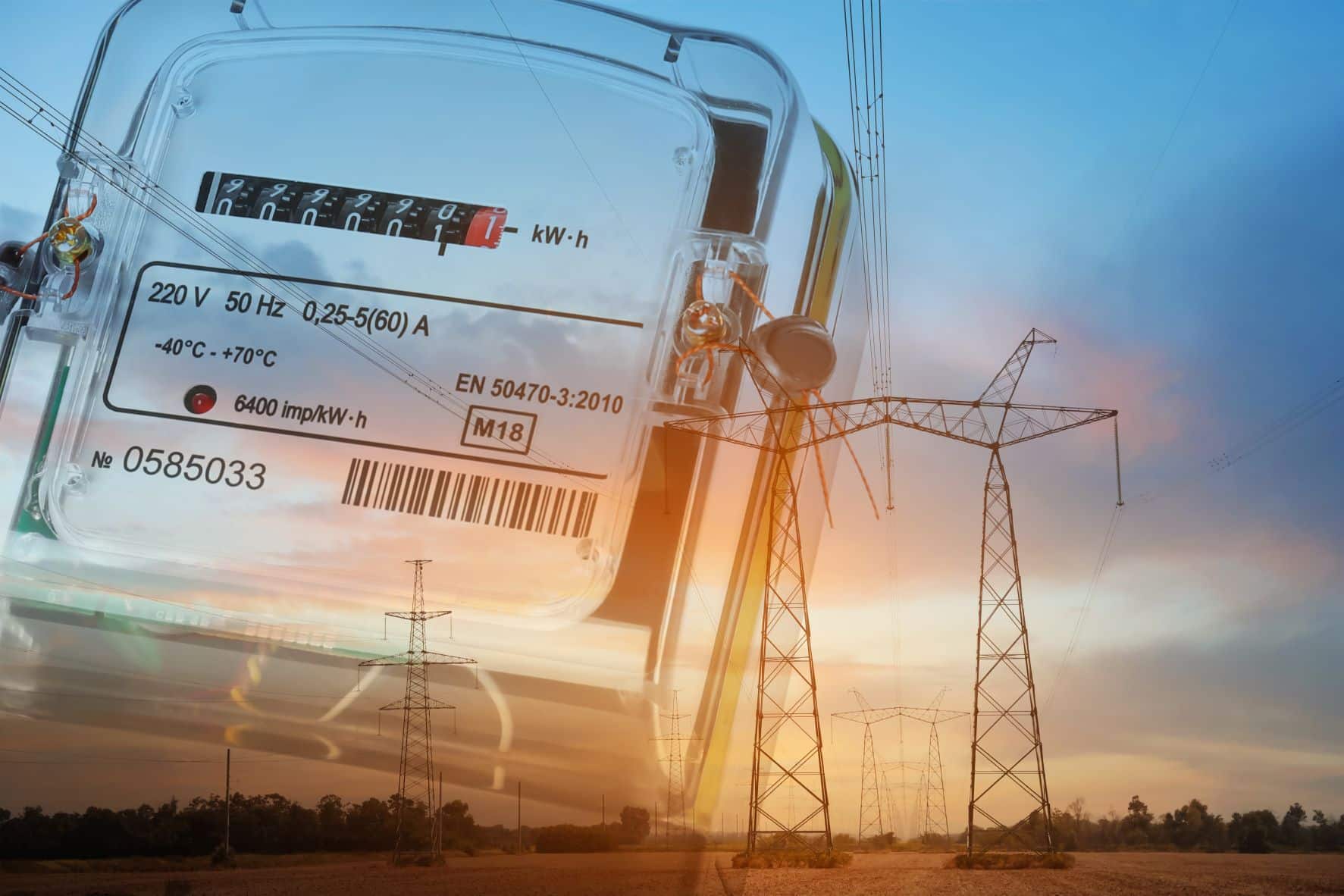Poland is becoming an increasingly interesting market for long-term renewable energy purchases. However, its attractiveness as a country where investors would want to finance Renewable Energy Sources (RES) is decreasing – this is the conclusion of the latest EY RECAI index edition. The report analyzes how the changing energy market requires the reconstruction of distribution systems and new ways of storage. The transformation of the power sector in Poland will cost 1,250 billion PLN by 2050 – estimates EY.
Poland has moved up from 10th to 7th place in the RECAI ranking, which assesses the PPA (Power Purchase Agreement) market, i.e., contracts for the long-term purchase/sale of renewable electricity. The reason for the growing attractiveness of the PPA market in Poland is an increasing number of contracts with relatively large denominations: suppliers offer PPA contracts with an average power of about 60 MW.
PPA contracts increasingly often concern several technologies at the same time, e.g., they include wind and solar energy, which is also related to risk management by financing institutions – says Jarosław Wajer, EY Partner, Leader of the Energy Sector in Poland and the CESA region.
A record number of corporate PPAs was concluded worldwide in 2023. However, due to low energy prices at the beginning of this year, some corporations decided to review their contract portfolios.
Changes in the main EY RECAI ranking
In the main index, measuring the attractiveness of a country for entities investing in renewable energy sources, Poland’s position has fallen for the first time in years. Compared to last year’s ranking, Poland was in 18th place, three places lower than in the previous study. However, in a ranking taking into account the GDP of individual countries, Poland is in 17th place.
In the RECAI index, which EY has been publishing since 2003, the United States has remained in first place for years. Currently, China is in second place (up by one position), and Germany has dropped from second to third place. Belgium moved up as much as four places to the 17th position, and Argentina, thanks to the new government’s efforts to stimulate the economy, moved up three positions to the 26th.
Over the past year, investments in green energy globally amounted to 1.8 trillion USD, and its power increased to a record 507 GW, of which 2/3 is solar energy. Despite this, the world is still not achieving the COP28 goal, which is to triple RES capacity. One of many obstacles is the deficiency of transmission networks.
According to the International Energy Agency (IEA) report, by 2040, 80 million kilometers of new transmission networks should be built worldwide, doubling their current length. EY data shows that in Europe, investments in distribution networks must double from current annual levels and reach 67 billion EUR per year in 2025-2050. Poland is facing a similar challenge.
In Poland, the development of energy storage can largely respond to this need. This, in turn, implies that revenue forecasts and assumed investment returns in BESS technologies are becoming very attractive.
Undoubtedly, artificial intelligence will optimize trading strategies in energy storage. It will also help companies minimize investment risk, quickly adapt to regulatory changes, and earn better on the opportunities offered by market volatility.
The RECAI Index covers the world’s 40 largest markets. Since 2021, EY has also been publishing a second ranking, evaluating the attractiveness of the long-term purchase and sale of renewable electricity under PPA contracts. This year’s edition also covered energy storage.
Source: https://ceo.com.pl/polska-energetyka-siec-sie-zapycha-a-inwestycje-zwalniaja-48299
